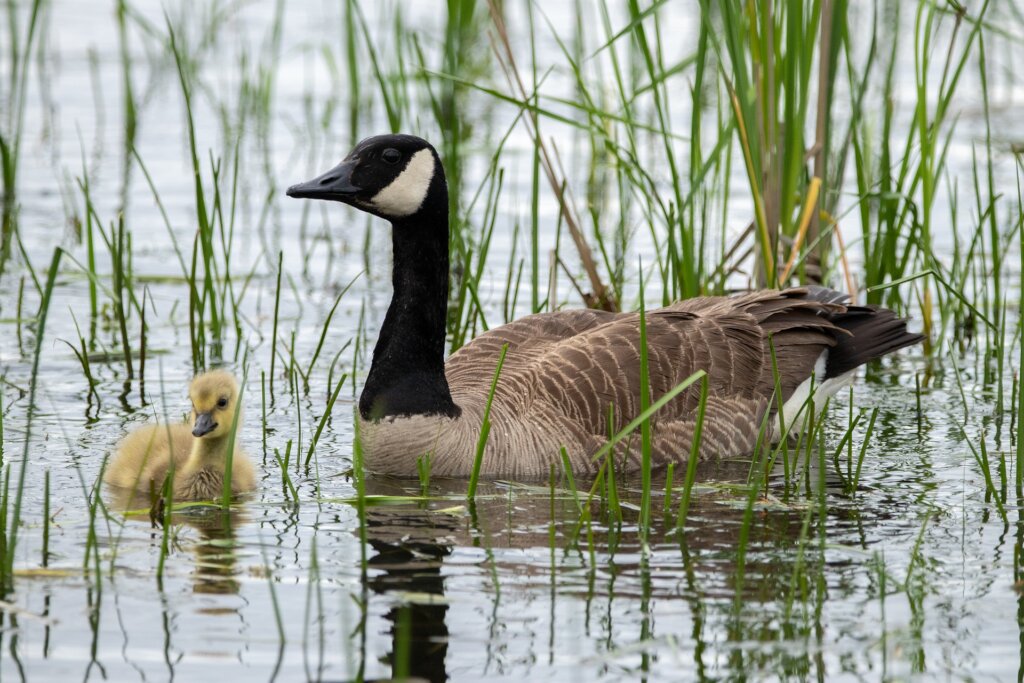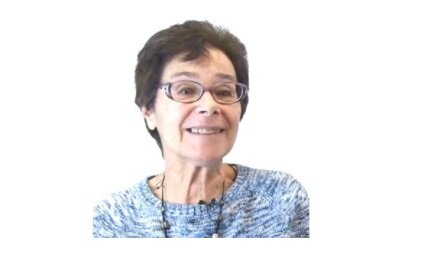By Tim Slattery | EESI Senior Development Associate
“I have heard people give Ted Talks on climate change, and they always tend to end with, ‘Well, despite all of this, I'm optimistic.’ And frankly, I’m not. If I was giving a Ted Talk, maybe I would say I was. It’s very hard to be all gloom and doom, but you know, this is not good. I have grandchildren, and I really worry about them. I don't moan and groan in their presence. But this is going to be their life in a much hotter world and a much different world.” Judith Weis, a marine scientist with experience working on Capitol Hill and in academia, knows from firsthand experience that adapting to climate change and curbing plastic pollution is urgent.
Judith expanded, “We scientists started talking about this in the ’80s, when it first became obvious that things were happening with bleaching of coral reefs. So we've been talking about it for 40 years, and the progress we've made is minor. We need it to be much faster, much more, much sooner.”
Judith’s matter-of-fact outlook on the urgency of the climate crisis has fueled her prolific research and outreach on environmental issues ranging from reducing the spread of microplastics to protecting coastal salt marshes through adaptation. Currently a professor emeritus at Rutgers University, she has contributed to several books and published extensively on marine aquatic organisms, tropical mangroves, the effects of contamination, parasites, and invasive species on animals in estuaries, and more.
JUDITH USED INFORMATION FROM EESI'S PREDECESSOR WHEN SHE WORKED ON CAPITOL HILL
Judith told EESI that in the 1980s, “I looked up from my lab and saw things going on in the EPA that I thought were outrageous, so I got involved in policy, And I learned about a fellowship for scientists to work for the federal government, generally on Capitol Hill. I thought I might have an impact on policy by working there.”
“When I became a fellow, I spent a year in Washington working for the Senate Committee on Environment and Public Works. And while there, I got these “green sheets”—literally on green-colored paper—from the Environmental and Energy Study Conference, which was the predecessor of EESI.”
“They were very helpful to me in the work I was doing, and I really was appreciative of this informative news that came to us. And then I followed from a distance as EESI went online, launched a website and all. And I’m still following and donating to EESI because I just had very good feelings about EESI’s importance from my time on the Hill!”
From her work on coastal marshes, Judith knows that people living in coastal New Jersey increasingly understand the importance of marshes, including their role in mitigating floods during extreme weather events such as hurricanes. She noted that it was very clear that during Hurricane Sandy, which caused a lot of damage to New Jersey and New York, the communities that had a more extensive marsh were much less damaged than the communities that did not. Marshes have a protective effect against storm surge and flooding but also help absorb pollutants, resulting in cleaner water.
To learn more about the climate solutions for marshes and wetlands that Judith recommends in her work as a marine biologist, check out part 2 of this article, coming soon! It will appear in our biweekly Climate Change Solutions, so subscribe here if you don’t already receive it.
Links:
Project reports on GlobalGiving are posted directly to globalgiving.org by Project Leaders as they are completed, generally every 3-4 months. To protect the integrity of these documents, GlobalGiving does not alter them; therefore you may find some language or formatting issues.
If you donate to this project or have donated to this project, you can receive an email when this project posts a report. You can also subscribe for reports without donating.
Support this important cause by creating a personalized fundraising page.
Start a Fundraiser
